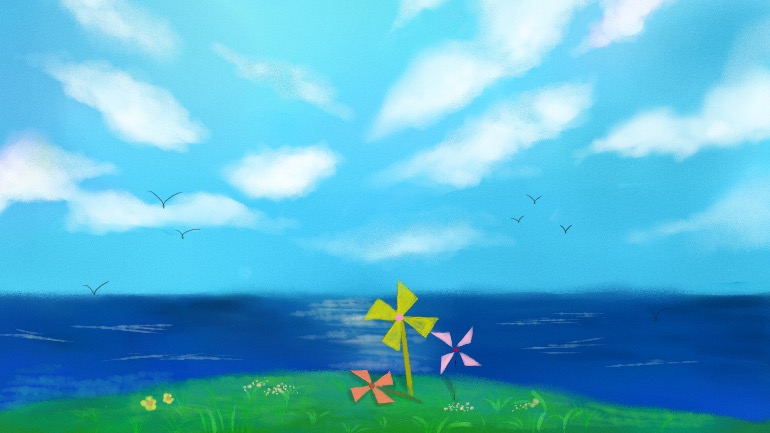Some people think that it is because killing and stealing are against religious beliefs that people refrain from doing so. The truth is that killing and stealing should be forsaken because they are against the natural law and hence inevitable punishment. For example, is it against the Buddhist doctrine to take poison? Although Buddhism forbids people to take poison, the real reason is poison itself which is inedible. If you insist on taking it, you will be poisoned and experience pain. This is the result of acting against the natural law. Certain kinds of poison can take effect immediately; others may take months or even years for the effect to set in. The same is true of karmic results. Although we cannot see the actual workings of cause and effect, the manifestation of effect follows the same principle. If people see that a person remains in good health after taking poison but before the effect setting in, they then assume that the person did not take poison after all. Does this make sense? In fact, one should not equate absence of pain with non-poison; it is simply not time yet for the poison to take effect. Similarly, killing and stealing are like swallowing poison. They are bound to take effect, just a matter of time.
WORDS OF WISDOM
If there is not one shred of selfish consideration, whatever one undertakes would all be deemed Mahayana practice, be it just reciting the Buddha’s name once or doing one prostration.
Some regard Buddhism as a kind of belief. Belief also means faith. Of course faith is needed in Buddhism, but it would be oversimplified to regard Buddhism as a belief since keeping faith is only one of the aspects of Buddhism. The foundation and the priority of Buddhism are not about belief, but wisdom and compassion.
- Quote from The Right View, "Buddhism—the Definition"
To attain liberation from the suffering of samsara, one must succeed in realization of emptiness being the true nature of all phenomena, regardless of its apparent difficulty. One needs to overcome this last hurdle, renunciation and bodhicitta being the first two, before going further on the path to liberation. Once the first two are fully generated, realizing emptiness will come next. Without the latter, liberation would still be beyond reach even with renunciation and bodhicitta completely aroused. There is just no way to get around this. So ultimately, one must attain realization that all phenomena are emptiness.
In Beacon of Certainty, the original face of suffering is said to be pure like the sky above the high plateau in Tibet, just emptiness. The great sage Atisha also said in his commentaries on the Middle Way that the nature of mind is clear and unobstructed like the autumn sky. What is perceived as suffering has long since dissolved into clouds of smoke; there are no traces of it left.
- Quote from Are You Ready For Happiness? Don't Let the Paper Tiger Scare You Off, "How to Face Suffering"
Why do the four characteristics—impermanence, suffering, not- self and emptiness—have profound impact on liberation from samsara? Because all negative karma such as killing, stealing and sexual misconduct that one commits out of greed, hatred and delusion result from not having the right understanding of these four characteristics.
- Quote from The Right View, "The Four Noble Truths—the Path Out of Samsara"
What is the difference between dedication and aspiration? On the premise that a virtuous action resulting in positive karma, like liberating animals, has been done, the aspiring vow made right after this action is dedication. When a vow or a wish is made without this premise, it is an ordinary aspiration. For example, when seeing a Buddha statue or a reliquary stupa, one prays, “May I in all future lives….” This is not dedication but aspiration. The difference lies in whether any virtuous action has been performed and any positive karma thus accumulated has been made the subject of dedication.
Buddhism has never meant to conquer anything or anyone. The Buddha also said that he cared not in the least the victory of fighting with another man, but most emphatically the victory from the battle with one’s own mind.
- Quote from The Right View, "Buddhism—the Definition"
The Buddha once said that it is not so easy for an ordinary person to prove the existence of cause and effect, but not impossible. Buddhism holds the doctrine of dependent arising of all phenomena or compounded phenomena. What is dependent arising? It means that cause begets effect. All phenomena are the manifestations of dependent arising, the results of conditioned genesis. Suppose a person killed an animal. It caused great harm to that animal. How can there be no consequence for the person who had committed such grave karma? Like casually throwing a seed into the moist and warm soil, it will germinate on its own with no tending required. By the same token, in the phenomenal world, every cause must bear its own fruit with no exception.











